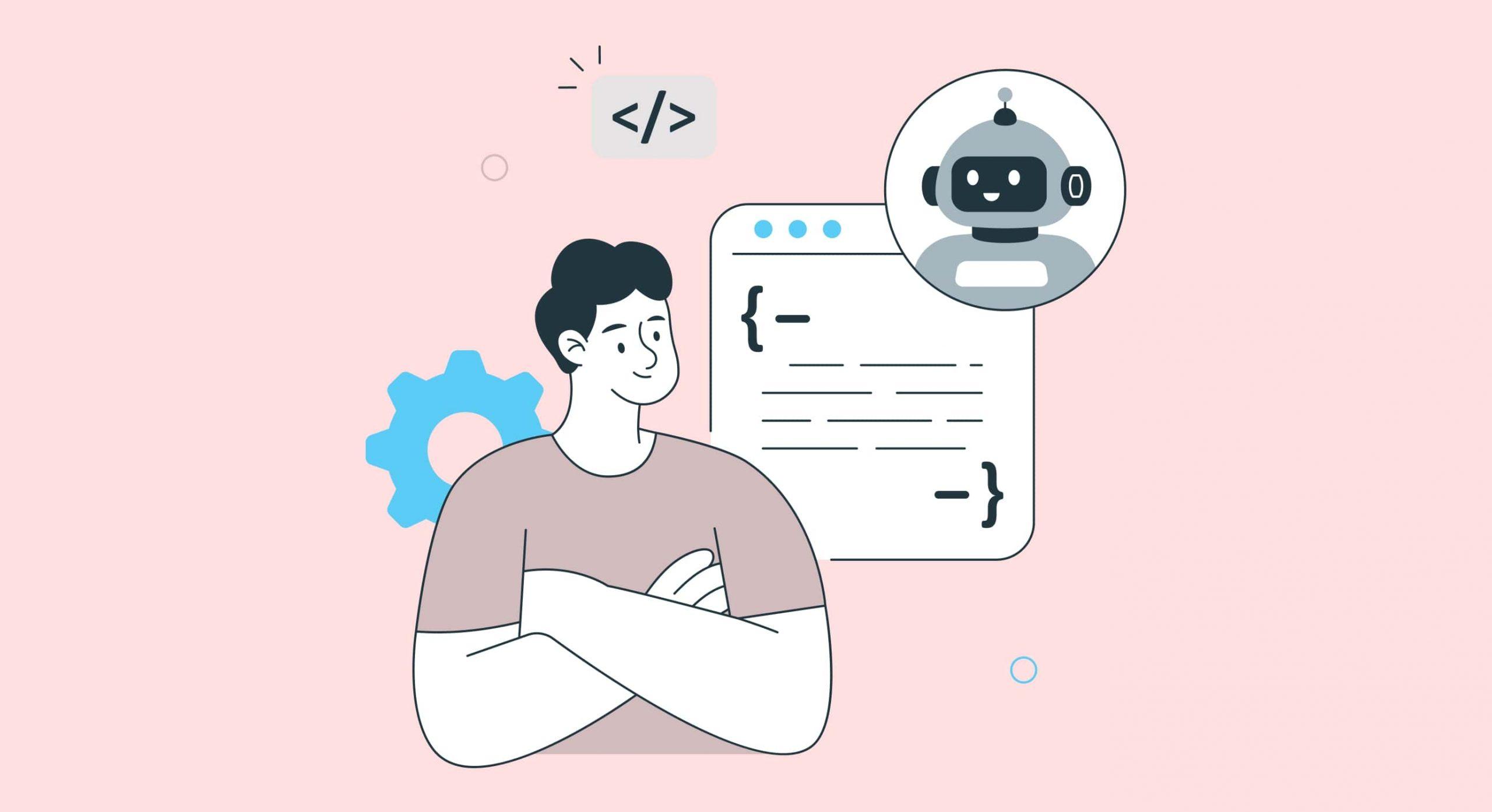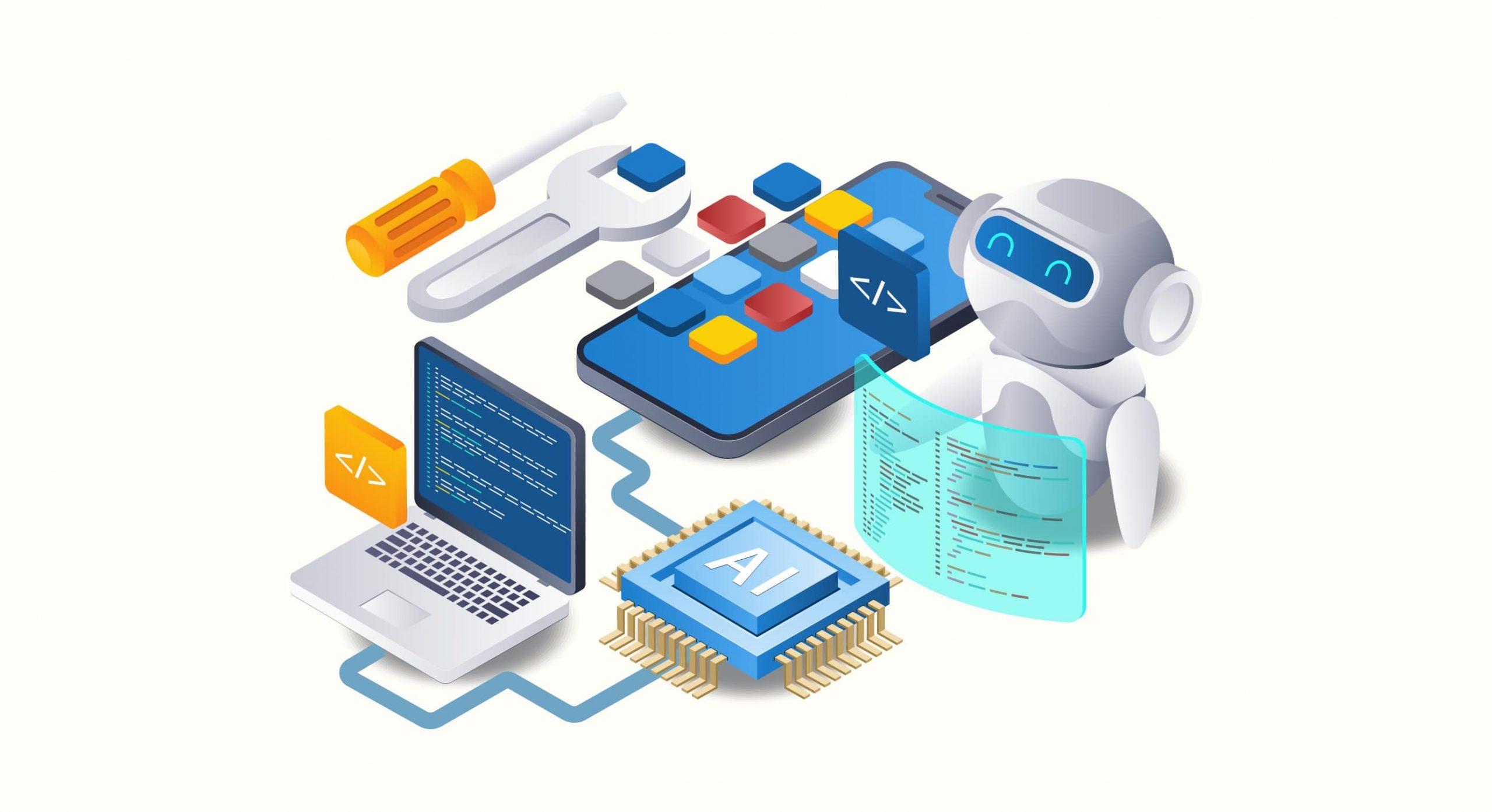The days of linear product development lifecycles and manual processes are seeing a fundamental transformation. AI and automation have become part of the process and are catalysts for unprecedented speed and intelligence. This evolution ushers in a new era of AI-driven product development, where every phase, from ideas to deployment, is being redefined.
For global businesses, harnessing this revolution is key to innovation, and a modern AI software development company is central to this shift.
Redefining the Ideation and Strategy Phase
Every successful product journey begins with time-consuming market research and data analysis, but with AI, this is supercharged. Fine-tuned AI algorithms are capable of sifting through massive datasets—market trends, competitor analysis, customer reviews, and social media sentiment—and can quickly identify gaps in the market and predict emerging consumer needs with remarkable accuracy.
This data-driven approach allows product teams to move from hypothesis to validated concept much faster, reducing the risk of building a product with no market need. As noted by McKinsey, AI combines large data from various sources, helping to ensure products deliver genuine customer value from day one.
Accelerating Design and Prototyping
As a core component of AI-driven product development, the design phase is now transformed by Generative AI. It acts as a force multiplier, empowering skilled designers to translate strategy into tangible results with unprecedented speed. A designer’s role has evolved, becoming far more strategic with the orchestration of powerful creative tools.
This modern approach enables designers to:
- Explore Diverse Concepts Instantly: By visualising multiple creative directions in hours, not weeks, providing more innovative solutions that traditional timelines would not permit.
- Generate High-Fidelity Prototypes: They can create interactive, testable mockups quickly, enabling rapid feedback on designs before development begins.
- Focus on Strategic Challenges: Designers can now automate the production of style guides and specs, so teams can focus on more complex user journeys and design refinement.
All of this empowers designers to help create more refined and user-validated designs before a single line of code is written.

Revolutionising Coding and Software Development
The most profound impact of AI-driven product development is arguably felt in the coding phase. AI-powered code assistants are transformative partners for developers. When these tools are integrated into the development environment, they can:
- Generate Code: Instantly write boilerplate code, complex algorithms, or entire functions based on natural language prompts.
- Automate Testing: Create unit tests automatically, ensuring better code coverage and quality.
- Detect and Fix Bugs: Analyse code to identify potential bugs, security vulnerabilities, and performance issues, and even suggest fixes in real-time.
This significantly boosts productivity. A recent large-scale study involving researchers from MIT, Princeton, and other institutions found that developers using an AI coding assistant completed tasks 26% faster on average. This allows them to offload repetitive tasks and focus on higher-level architectural challenges and complex problem-solving.
Intelligent Testing and Quality Assurance
Traditional automated testing follows predefined scripts. However, AI has the capability to introduce a layer of intelligence that enhances the process. It can analyse an application and generate comprehensive test cases, while also identifying edge cases and user paths that human testers might overlook.
AI can also perform advanced visual regression testing, spotting subtle UI inconsistencies between different versions of an application. A 2024 Gartner report points out that at least 80% of modern enterprises will integrate AI-augmented testing tools within their software engineering toolkits by 2027. This is a 15% growth from 2023.

The Role of the Modern AI Software Development Company
A modern AI software development company is precisely the kind of partner that will enable an industry to harness AI’s obvious benefits fully. Its role goes so much deeper than writing code; it provides a holistic approach that integrates data science, machine learning expertise, and strategic business acumen. These are not just vendors but strategic partners that help organisations navigate the complexities of AI tools.
Engaging with expert AI product development services is crucial for several reasons:
- Holistic Expertise: They possess the specialised skills in data engineering, ML model development, and ethical AI implementation that are often scarce in-house.
- Strategic Implementation: They help align AI initiatives with business goals, ensuring technology serves a strategic purpose rather than being an isolated experiment.
- Navigating Complexity: An experienced AI software development company helps manage the challenges of AI-driven product development, from data quality issues and model reliability to smart scaling for cost control.
Conclusion: The New Standard for Innovation
The integration of AI and automation must not be considered a mere incremental improvement. Today, it must be adopted and understood as a paradigm shift, one that is fundamentally reshaping the product development lifecycle. AI-driven product development makes the entire process smarter, faster, and more data-driven at every stage, empowering innovative industries to create well-tested, extremely consumer-centric offerings faster than ever before. It is the new standard for innovation and competitiveness.
Partnering with specialised AI product development services will give industries the expertise and strategic guidance that’s extremely necessary when it comes to navigating this exciting, but complex revolution. It’s time to build the next generation of intelligent products.